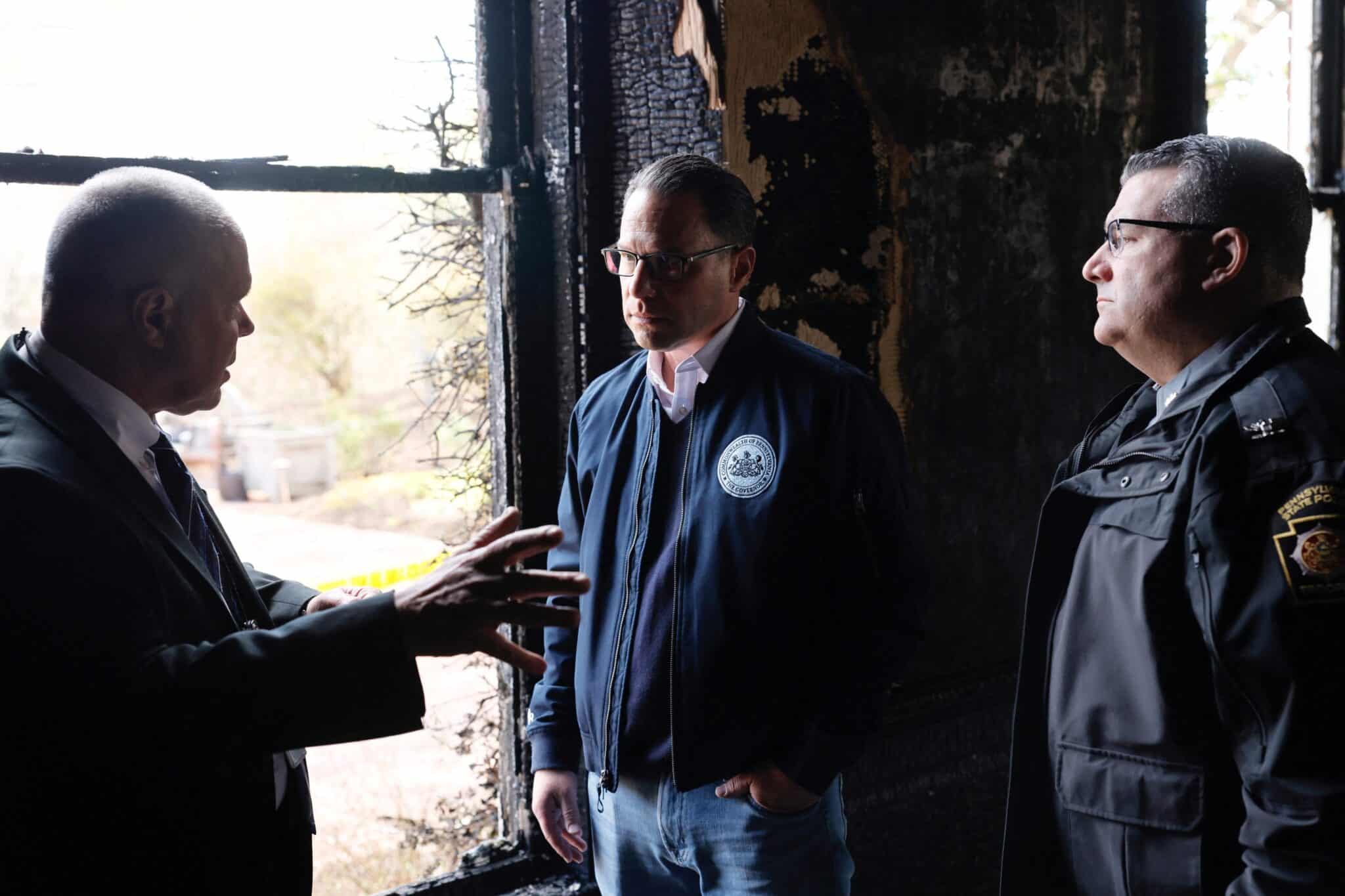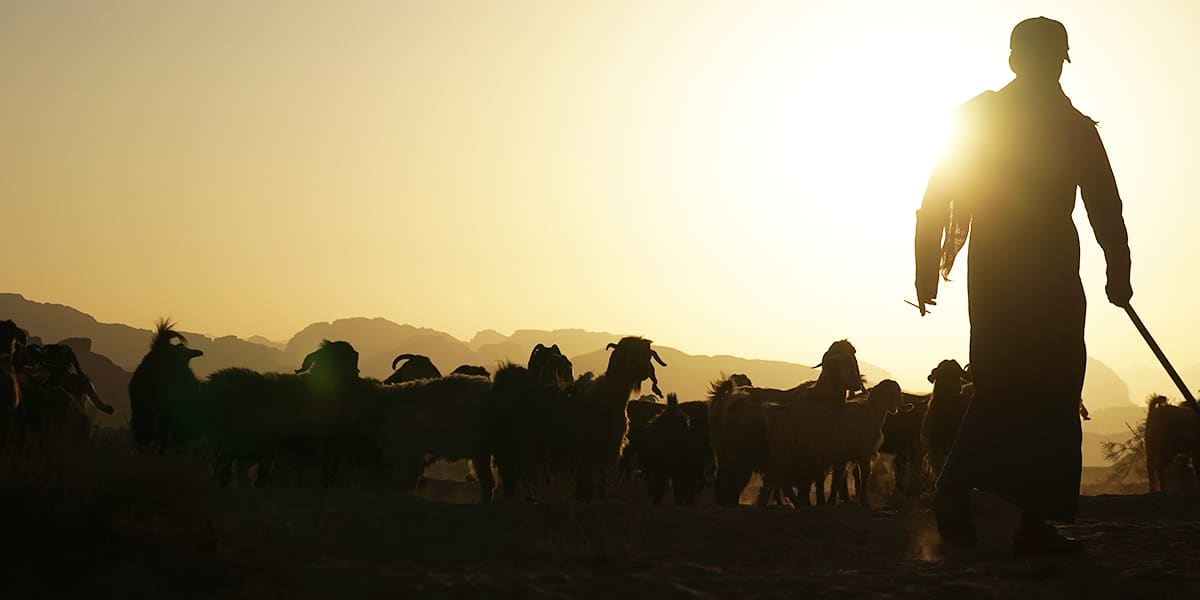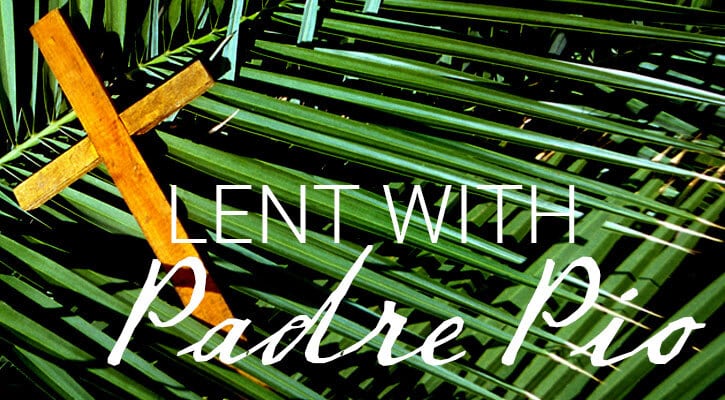What exactly is refuge? It’s vastly different than shelter. Refuge is deeper, scarier. The stakes are higher when you need refuge. Shelter is from temperatures dropping and the chance of rain. You can probably make it through without shelter. But without refuge, you’re vulnerable and truly alone. Refuge is wind blowing the cedars as far as they will bend, thunder that jolts you and an absolutely black night that has suddenly fallen. And you’re running toward home. The need for it is deeper in the body. When you find shelter, you can calmly peer out. But the need for refuge makes you look within. I could never add up the number of hours I’ve spent alone staring out the window at that void. Those are the deepest darkest loneliest hours. I feel that darkness filling me, as I am part of it. In you, Lord, I take refuge; let me never be put to shame (Ps 31:1). When I remember to say a prayer, it comes as a cluster of stars on the periphery, and I’m not quite sure I even saw any green sparkle, but I try again. A Hail Mary. A Jesus Please. I can’t even call that relief “embers” because embers stay awhile. When I cannot sleep because I am reliving some conflict I endured that day, one I feel I cannot undo, when I’m imagining some future event which I fear is going to flood me with more heartache and sink me, and God, at last, finds me in the dark, I fall asleep, and when I wake up, I don’t know at what point I finally let that refuge enclose me. The psalms are all about the contrasts in our lives. Like a riveting black-and-white photo, there’s gradations: vivid cool to dramatic warm to dramatic cool. Refuge honors the challenge of the silver tone moments turning to noir.
— from the book What Was Lost: Seeking Refuge in the Psalms
by Maureen O’Brien








